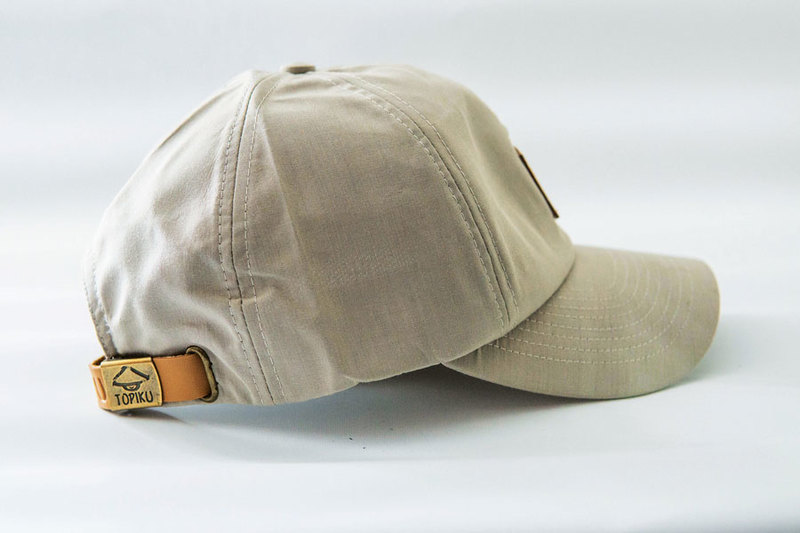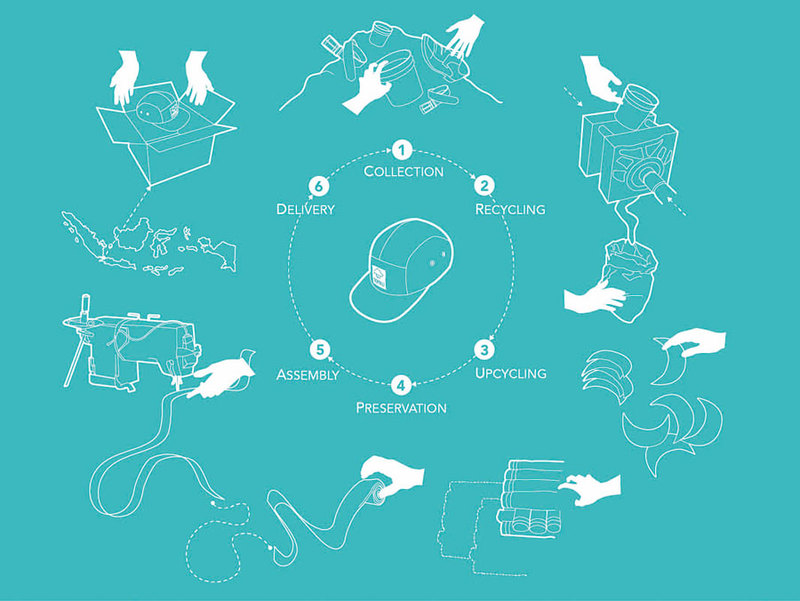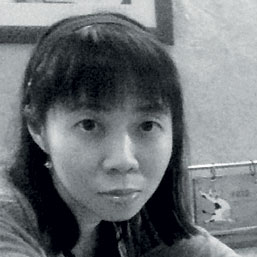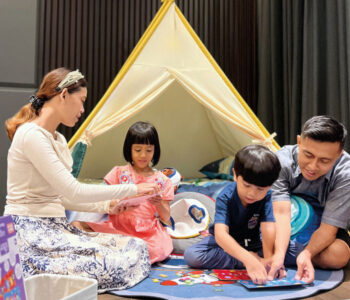Christmas is around the corner. Those who want to shop for a good cause, check out topiku.co, a social enterprise which offers cool hats – one would never guess that the handmade products are made entirely from up-cycled and recycled items.

The founding of Topiku (“my hat” in Indonesian) stems from Monty Hasan’s desire to create cool products out of trash and discarded items in order to help divert materials from landfills and promote sustainability awareness. “Topiku is the first brand which creates a snapback hat sourced from up-cycled materials,” says Monty.
The idea for Topiku was born in 2014, when Monty volunteered at non-profit organization XSProject, which works to improve the lives of Jakarta’s trash pickers. XSProject transforms waste into new, functional goods, such as bags.
Witnessing the unbelievable amount of trash in Jakarta’s slums and the amount of wasted materials firsthand was the catalyst for Monty’s commitment to social responsibility. Monty, who cares deeply about environmental issues, was inspired to convert discarded materials into a new product, namely hats; hence, he made a pitch to XSProject, however, his idea was rejected.
In 2015, Monty’s friend, Anthony Zhang, convinced them of the feasibility of Monty’s idea of creating hats out of discarded materials. In 2016, Topiku’s Kickstarter community raised US$ 20,990 (Topiku pledged a US$ 16,000 goal). Later, Monty together with Anthony and McKenna Weinstein (the three of them are students at University of Southern California) established Topiku; and the rest, as they say, is history.
“Topiku creates the world’s most sustainable snapback hats sourced entirely from up-cycled and recycled items. Up-cycling means that we take wasted materials and give them a new life. For example, the fabrics are up-cycled from garment manufacturers’ leftover textiles, thus we divert them from ending up in landfills. As an example for recycled materials, our brim is made of recycled buckets which are salvaged from landfills, then crushed into small bits, washed and dried, and then molded to form a bill,” says Monty, the CEO of Topiku.

up-cycledand recycled items. Photos courtesy of Topiku
He adds that the leather patches as well as straps are sourced from leather waste, which comes from the belt and shoe artisans, while the hat buttons are made of coke cans. Currently, Topiku also uses recycled cotton fabrics from Surabaya, which are made of old clothes.
Each hat is ethically made in Rahayu village in Cigondewah, Bandung. Kang Asep, the leader of the hat-making community there, splits all the work to different houses. Monty, who always visits that hat-making community whenever he comes to Indonesia, is very proud about the fact that Topiku’s products are not produced by sweatshop labour. “Kang Asep pays the artisans twice as much as the usual minimum wage and the artisans work in the comfort of their homes,” says Monty.
Moreover, Topiku and Kang Asep also empower women – they make the village women believe in their abilities and improve their financial circumstances, too. Employment opportunities are very rare for women who live in rural communities; Kang Asep employs both men and women.
“Topiku’s community of hat makers is, actually, the only employer of women in desa Rahayu neighbourhood in Cigondewah. The best part is, Kang Asep pays women and men equally; there is no gender pay gap whatsoever,” says Monty.
“We choose to partner with ethical manufacturing communities and I make sure that not only the profit goes into our own pockets, but it also goes back into the communities,” he adds. Topiku, as written on its website, through its partner, Waste4Change (waste4change.com), sponsors the health insurance of 14 trash pickers, and supports waste management education programmes.
Environmental Responsibility
As a social enterprise, which values social and environmental responsibility, Topiku even plans to apply to become a certified B Corporation (the ‘B’ stands for benefit). As written on bcorporation.net, B Corps (today there is a growing community of more than 2,100 Certified B Corps from 50 countries), lead a growing global movement of “People using business as a force for good”. B Corps are for-profit companies certified by the non-profit B Lab to meet rigorous standards of social and environmental performance, accountability and transparency.

Speaking of creativity and making green products, Monty believes that apart from hats, there is still a lot more that can be done in terms of other recycled and up-cycled goods, which Topiku can offer in the future as it has bigger access to different waste materials. “However, right now, our focus is to make hats, while we are also open to collaborate with other brands,” says Monty.
Currently the hats on offer, namely baseball caps and five-panel hats, are priced from US$ 30 to US$ 35 each. In the future, other types of hats, such as sunhats, bucket hats and big brim hats might join the ranks, too.
The majority of the buyers are Americans. Nowadays, if a buyer buys the hats from Indonesia through Topiku’s website, even though the goods are made in Indonesia, the merchandise is stocked in the U.S, hence the hats would be sent to Indonesia from the U.S; the shipping cost (between US$ 10 and US$ 15) plus the prices of the hats might make lots of Indonesians shy away from buying Topiku’s products.
However, Topiku aims to expand its business to the Indonesian market, by selling its goods with a cheaper price – and these products won’t be stocked in the U.S. but will be sent directly from Indonesia to the Indonesian buyers. And as Indonesians are generally still wary of using their credit cards online, the bank transfer option will be available, too. Moreover, Monty who has done pop-up shops in California plans to do so in Jakarta as well.
All in all, running a social enterprise is not always easy; the job entails more than meets the eye and the challenge is even greater if there is a language barrier, which occasionally leads to miscommunication. “Some hiccups happened both in communication as well as in the production process,” says Monty.

Photos courtesy of Topiku
As a student of the USC School of Architecture, Monty who visits his family and the artisans in Indonesia every summer, lives in San Diego. Monty, who moved to California when he was still in elementary school, admits that he needs to brush up his Indonesian.
There are other issues too, such as the consistency of supply and scheduling. “The problem with up-cycling is, you have no guarantee of supply materials,” says Monty. He adds, “And since we have to work within different communities, it is impossible to house everything in one village. It takes a lot of scheduling and managing.”
All things considered, the progress has been encouraging, but there is still a long way to go – and despite all the challenges, Monty has every intention of making a success of Topiku. “Running a social enterprise obviously requires a lot of time and dedication, but I need to be doing that, otherwise, I’m just wasting the life I have been given,” says Monty.
For Monty, making a positive impact on the environment and the communities in which he runs his business is what makes life worth living.
TOPIKU:
Web: topiku.co
Instagram: @topiku.co






